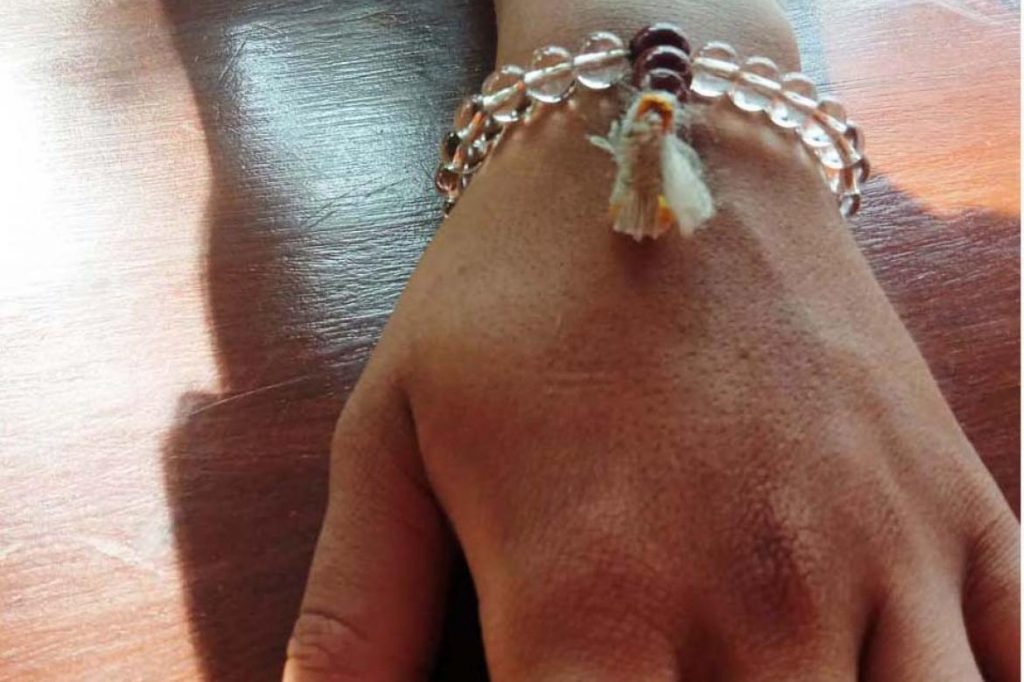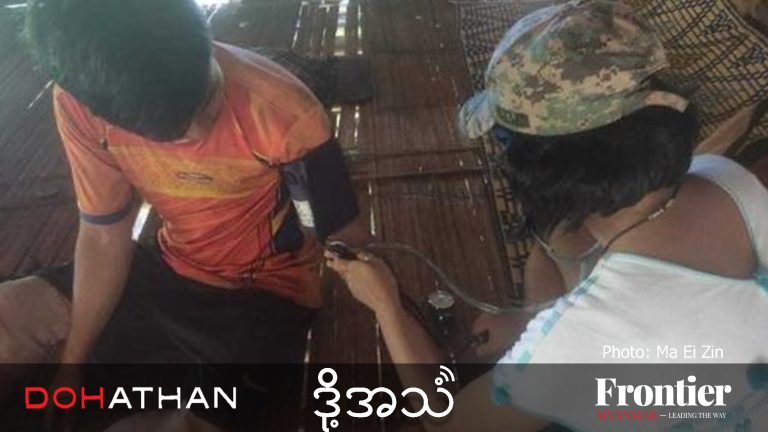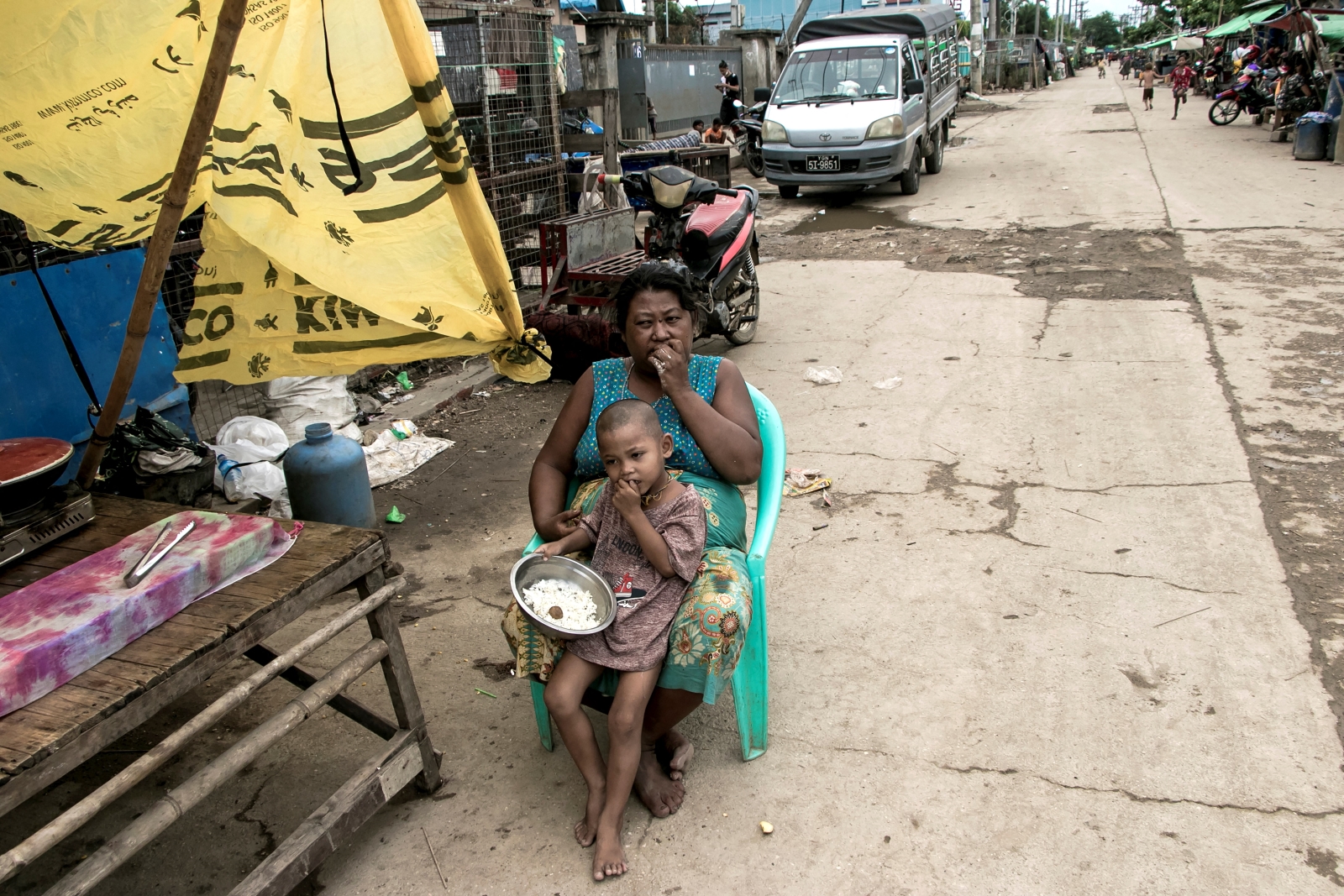A government worker in his early 20s spoke to Frontier’s Emily Fishbein the day before his deployment to a new duty station near a sensitive border.
There are four people in my family – my father, mother, my younger brother and me. My grandparents were farmers. My father was a government worker but doesn’t work anymore; he is around 85 years old. My mother used to work but now her health is not good.
I graduated from university in 2015 and in 2017, I joined the government. Before that, I was just at home, looking for work. My father said, “Just be a government worker.” As a government worker, there are more chances for your family; there are employment benefits.
Before, I was a troublemaker, so when I got this job, my mother had some peace of mind. She used to worry that I would be destroyed, that I would start doing Number 4 [heroin]. I controlled myself on that but alcohol, beer, cigarettes – I used those a lot. I used to walk around the streets a lot so she worried.
When I first started as a government worker, I was sent to a remote area. When the order came, I saw the name of the place but I had never heard of it. It was a simple place to live. People grew their own vegetables on the mountain and at home. I was there for one and a half years. Now, I work in the state [capital] office, on a computer.
I never imagined that I would get assigned to a dangerous place. It’s been two years [with the government] and I’m going to Rakhine. I got the order in April, a paper order [that] arrived to my office. A few days later, I got another order to arrive in Sittwe [the capital of Rakhine State] in two weeks. When it arrived, I was so surprised, because I have only been serving for a little while. My heart was really racing. Even now – people are shooting guns there and I have to suddenly go – my heart is racing.
Support more independent journalism like this. Sign up to be a Frontier member.
I told my parents I was going to Maungdaw [on the border with Bangladesh in northern Rakhine State] as soon as I got the order. When I told them, my mother’s face became a little not good. [My father] understood that it is my order to go. Later, my mother accepted it. If I didn’t go, I would have to quit my job. I haven’t thought about quitting.
When I told my girlfriend, she became sorrowful, but she is also a civil servant, a teacher. At first she said, “Is it not possible to not go?” Now she is fine, she supports me. My friends, they tried to make light of it. They told me not to drink so I would be alert.
I want to go, and at the same time, I am scared of the war. I want to go because I only know what is happening there from the news. I don’t know it with my own eyes. I have seen the foreign and domestic news, but the sides each have their own perspective. If you see it with your own eyes, you know more.
What I will do there, I don’t know well yet. I will work for one year near the border, at the gates. Always I will have to be alert. When I go, I will have to believe in myself. I will have to pray to Lord Buddha.
When I think about the future, I don’t have any particular hopes. For my family, I want to give them happiness. That’s why I am doing this. My family gave me a beaded bracelet to protect me from danger. If I always wear it, I will be safe.
My girlfriend gave me a longyi and a light shirt because it is really hot there. Now, I will go visit my girlfriend. Tomorrow, according to my tradition, I will pay respect to my mother and father, and to the Lord Buddha.







